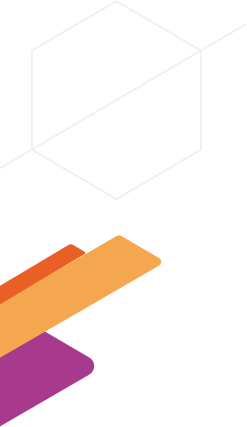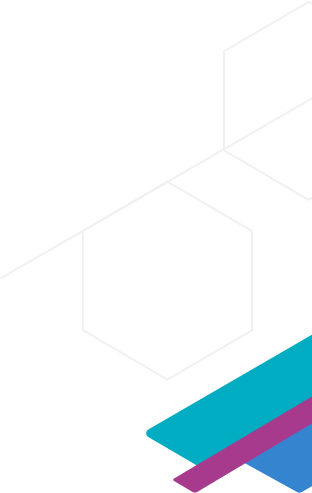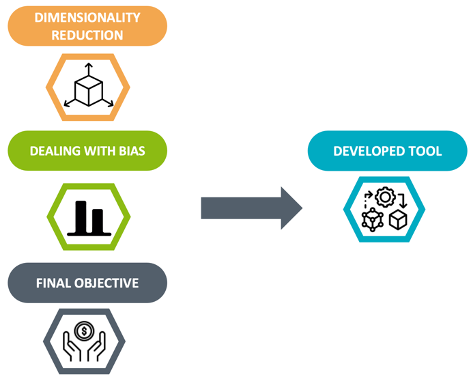Professional Services
Whether your challenge can be solved by our existing products or requires the development of new analytics solutions and market design approaches, our team is ready to help.
Optimize the success rate of offshore maintenances with Machine Learning

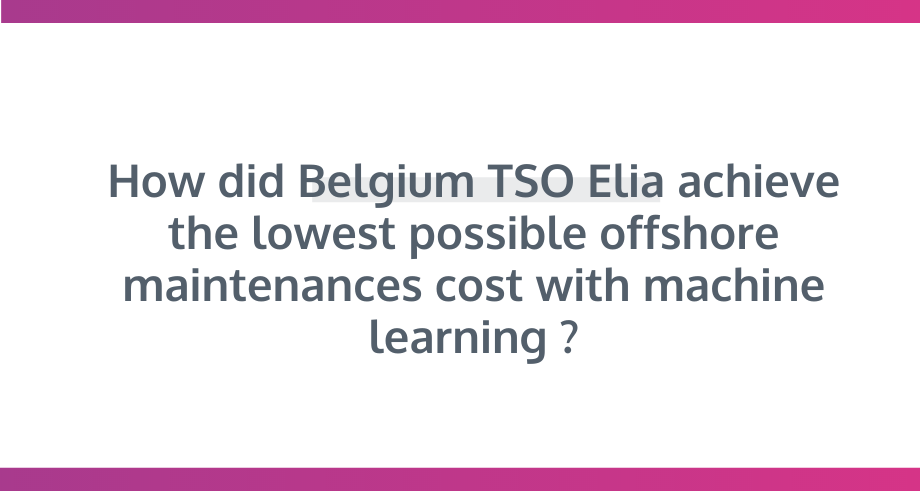
In 2020, the European Commission has presented an ambitious plan to increase the European offshore wind capacity from its current level of 12 GW to at least 60 GW in 2030 and to 300 GW by 2050[1]. In Belgium, Elia has already taken several initiatives to contribute to the European objectives and to ensure a sustainable energy transition. One of these initiatives was the creation of the OSY platform in the North Sea that connects the high-voltage cables of nearby wind farms with the onshore electricity grid.
While it becomes clear that offshore wind energy will play an ever-important role in the next decades, new challenges arise for TSOs and wind farm owners. One of these challenges is to deal efficiently with the maintenance of the installed infrastructure. To perform such maintenances, Elia has to bring engineers to the platform by (1) CTV (vessel) or (2) by helicopter. This is a daunting task and the success rate is heavily affected by weather conditions. Currently, the captain and experienced engineers decide together whether or not to sail/fly out at the moment of departure based on the most recent weather forecasts. If the operation is deemed too risky, it will be postponed until the weather forecasts are more favorable. The costs attached to misjudgment are considerable and to minimize those, an R&D track was set up with Elia to develop a tool that could support the decision-making process.
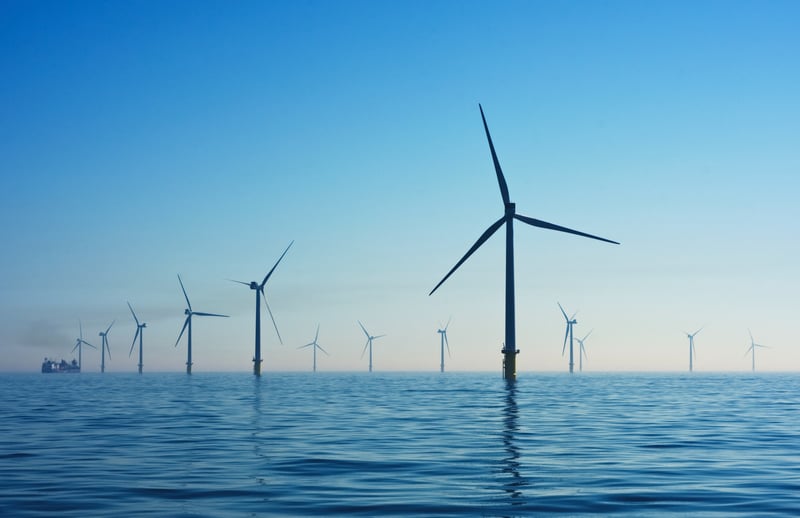
Two types of misjudgments exist in practice
In practice two distinct types of misjudgments can occur:
Type 1: The captain and experienced engineers decide that it is safe to approach the platform whereas, in reality, it was too risky to go out. The engineers will not be able to reach the platform and no maintenance can be carried out.
Type 2: The captain and experienced engineers decide that it is too risky to go out whereas in reality, the operation would have been successful.
In case of a misjudgment of type 1, the costs are substantial since Elia incurs the cost of the CTV usage and the personnel cost for a business day for all people involved in the operation. In case of a misjudgment of type 2, the costs are lower since the CTV could still be used for other projects and the person can carry out other productive tasks during that business day.
The final objective for Elia is to carry out the maintenances at the lowest possible cost.
Using AI to support the decision-making process
The proposed algorithm considers various machine learning techniques to increase the performance of the tool. More specifically it:
- Deals effectively with a limited amount of data available by considering various dimensionality reduction techniques
- Considers state-of-the-art techniques to deal with bias in the dataset
- Optimizes the final objective for Elia: minimizing the costs associated with offshore maintenances by reducing the number of failed operations
Experiments show that the algorithm is able to reduce the costs considerably
To assess the performance of the trained machine learning model, experiments were set up in which the predictions by the expert were compared to the predictions by the model. It was observed that:
- The model makes fewer mistakes than the expert
- The expert makes relatively more mistakes with high associated costs.
Both elements led to the conclusion that the model was able to reduce the costs for Elia by 33.5%.
[1] https://ec.europa.eu/commission/presscorner/detail/en/IP_20_2096
Learn more about our approaches to this project with Elia!


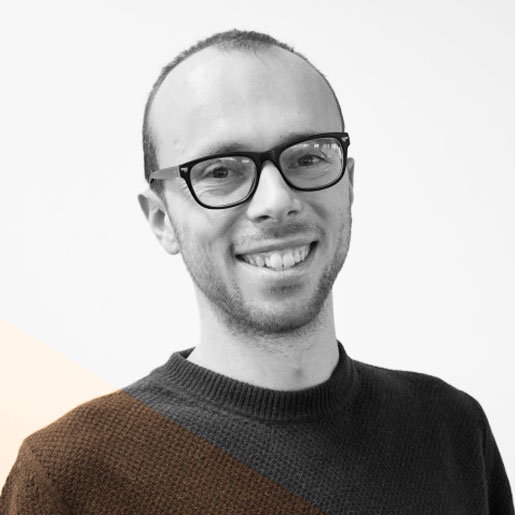
About the Author
Rafael holds an Advanced Master Degree in Artificial Intelligence from KU Leuven (Belgium) and a Master degree in Business Engineering from the University of Antwerp (Belgium). He works on projects involving machine learning with applications in the energy domain, such as asset management, maintenance planning and dynamic tariffs.
Rafael Michiels
